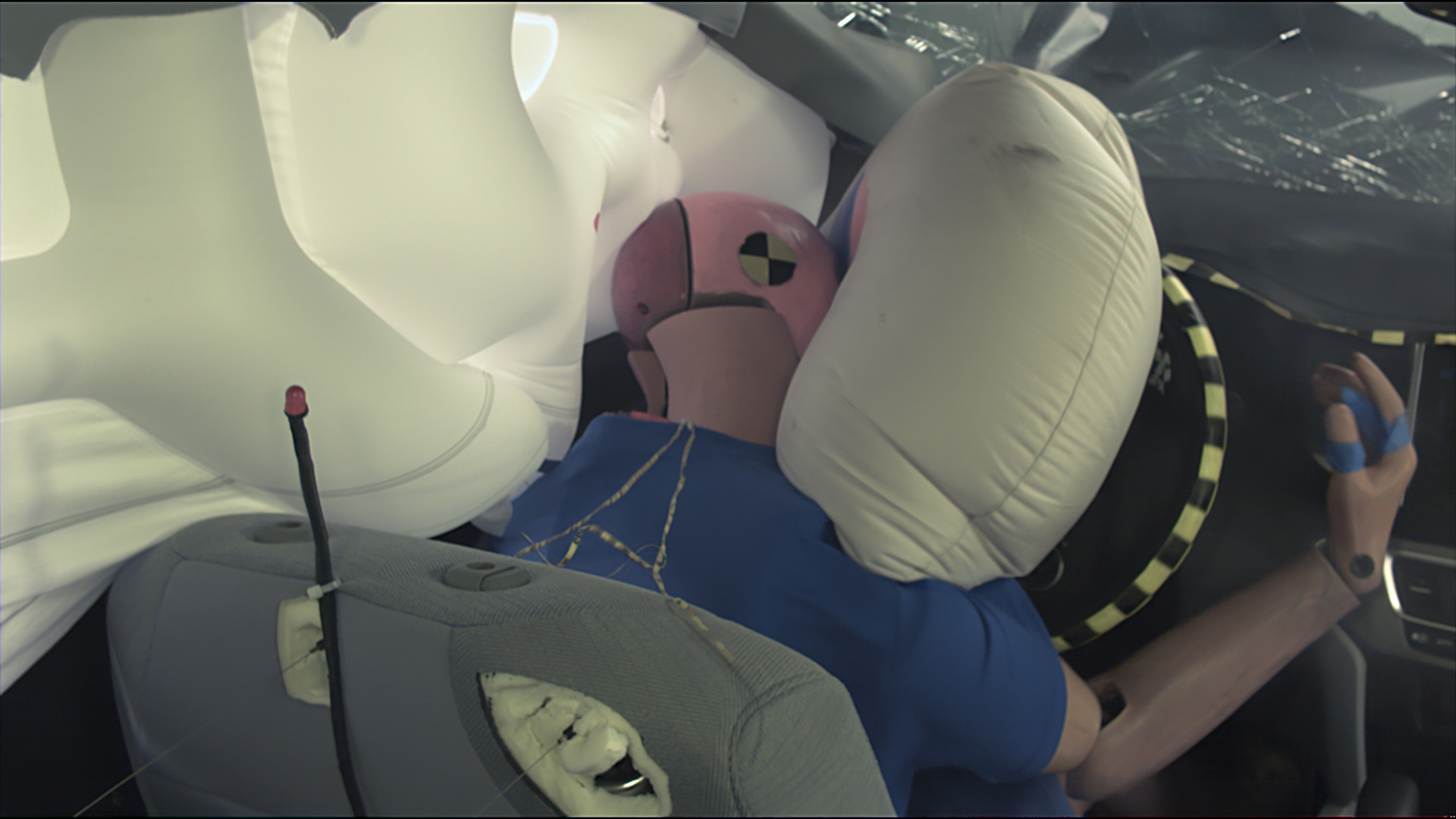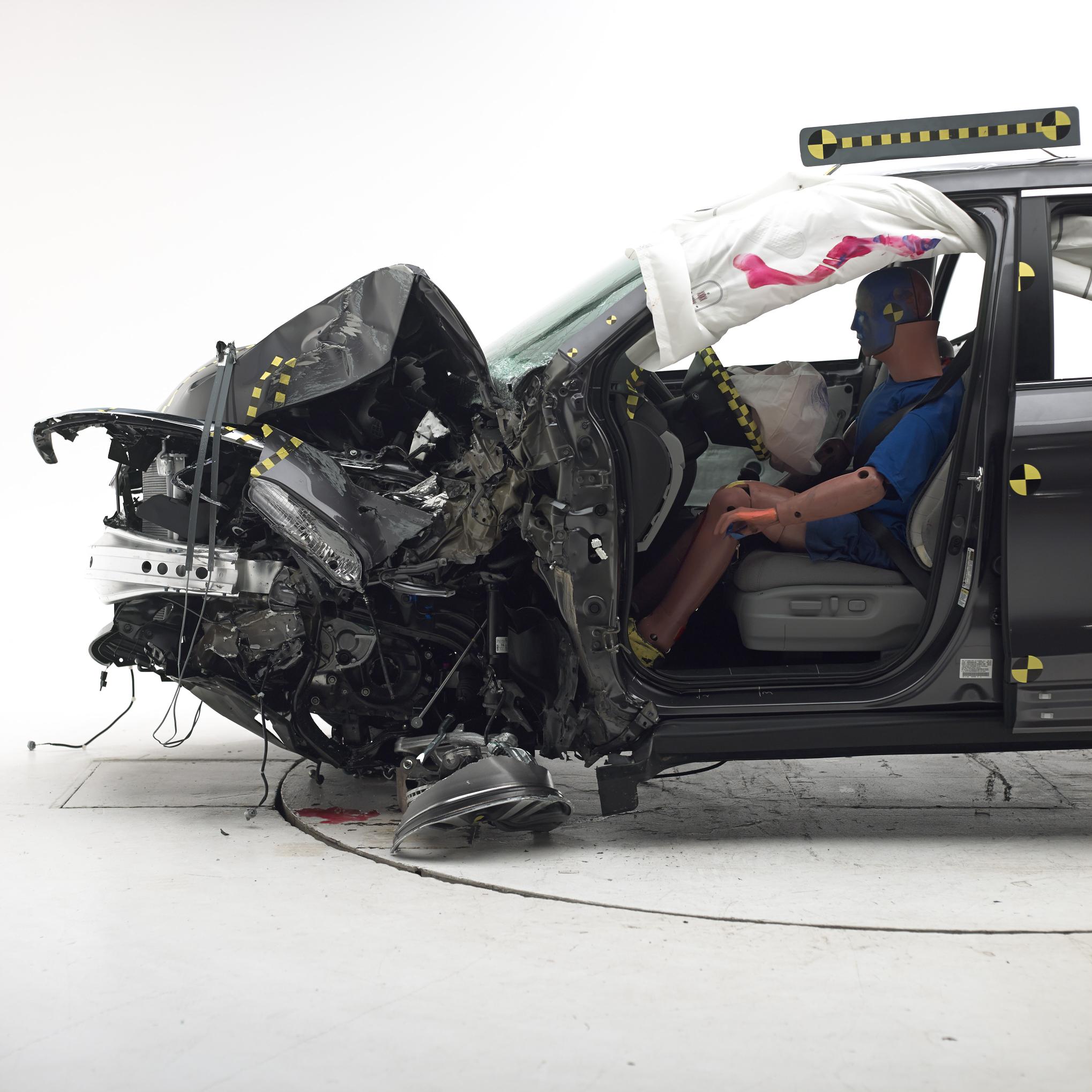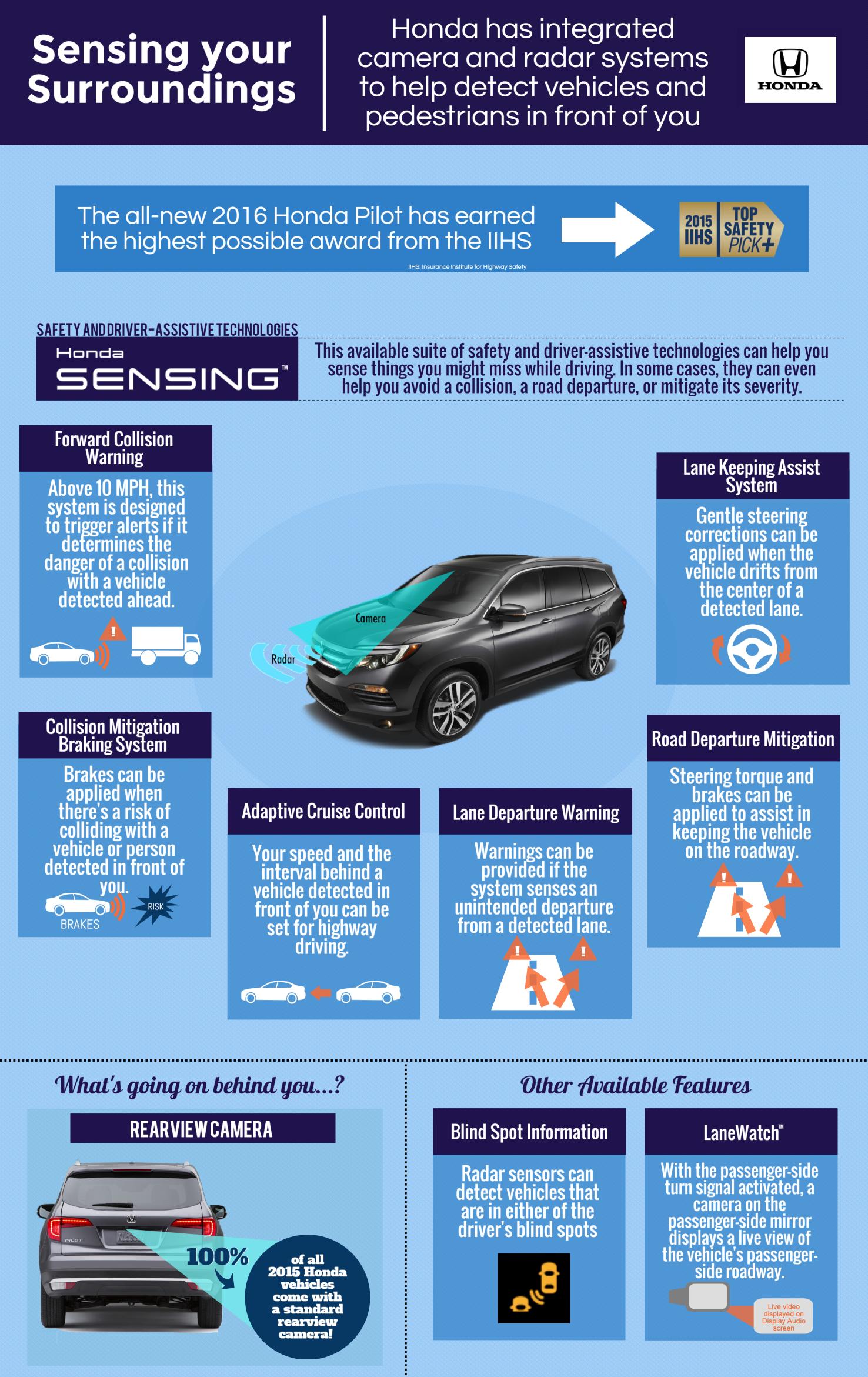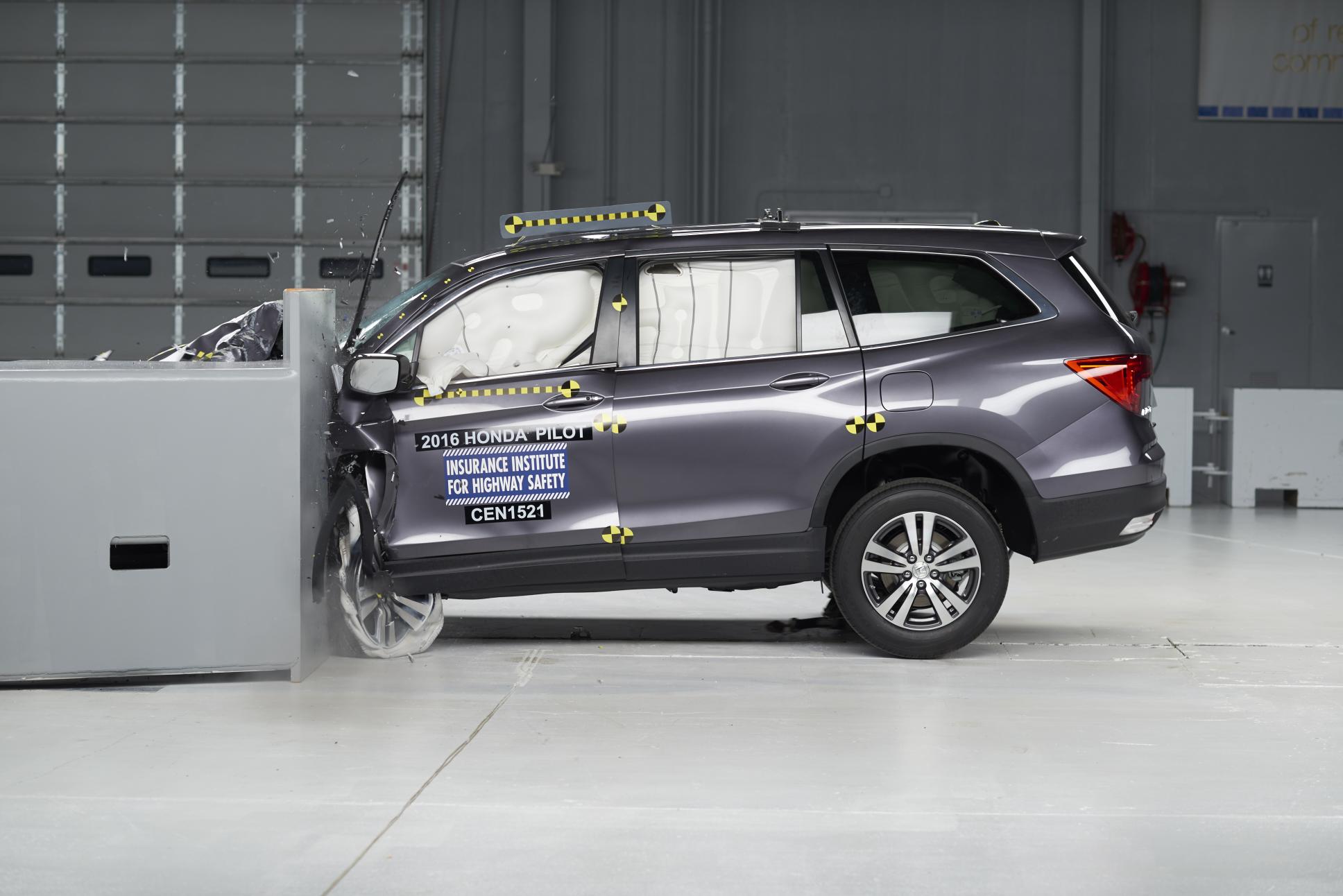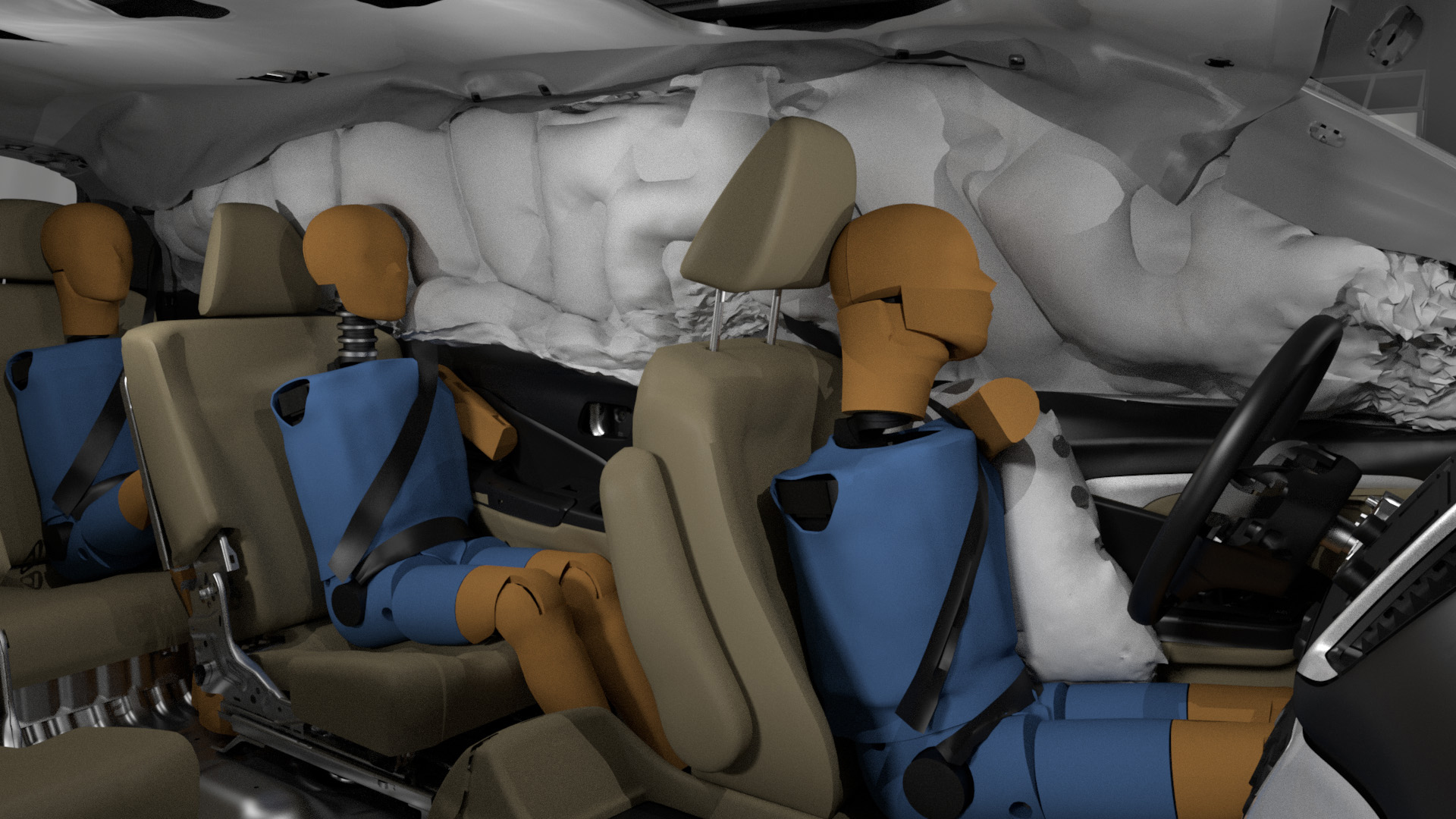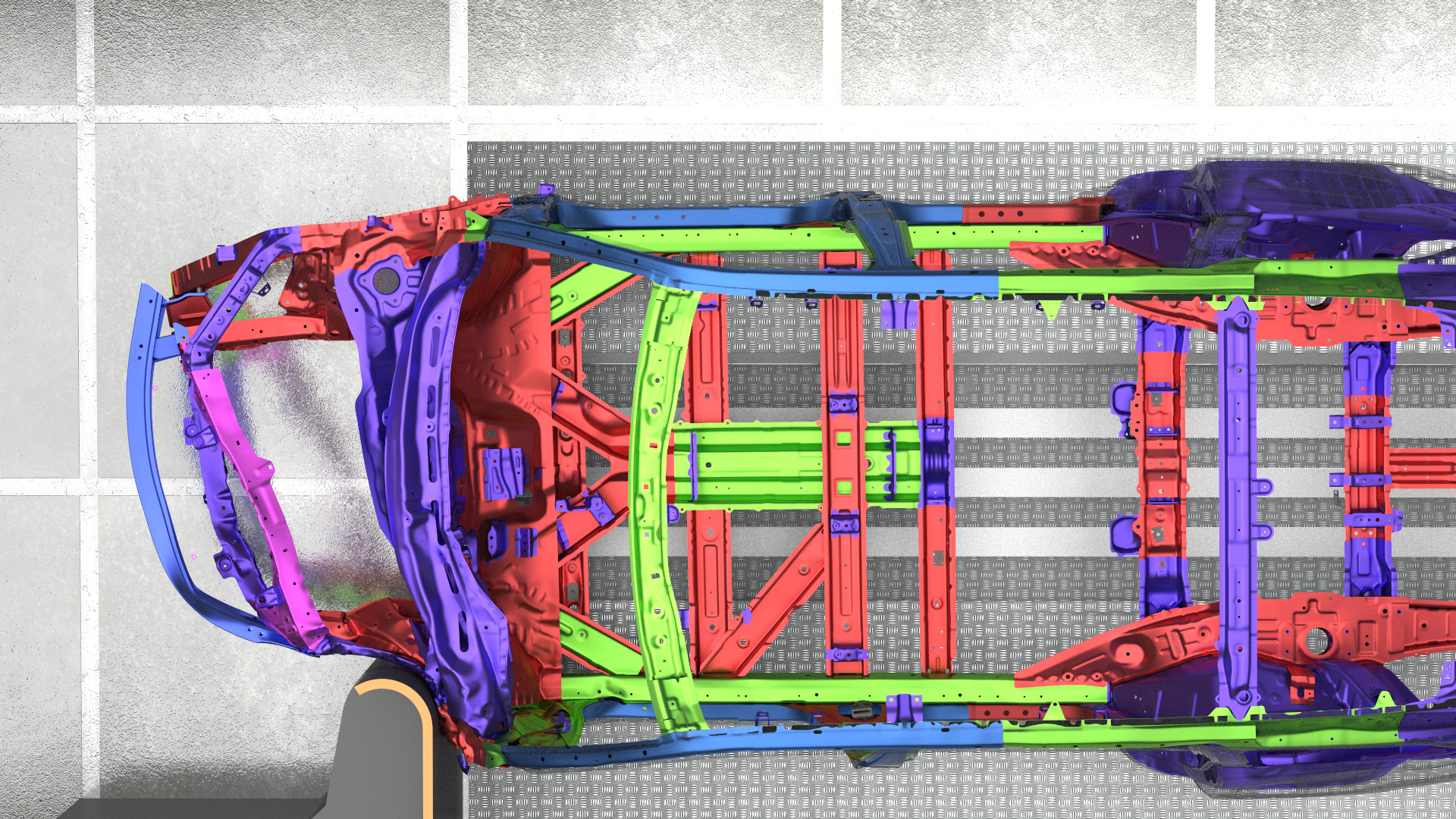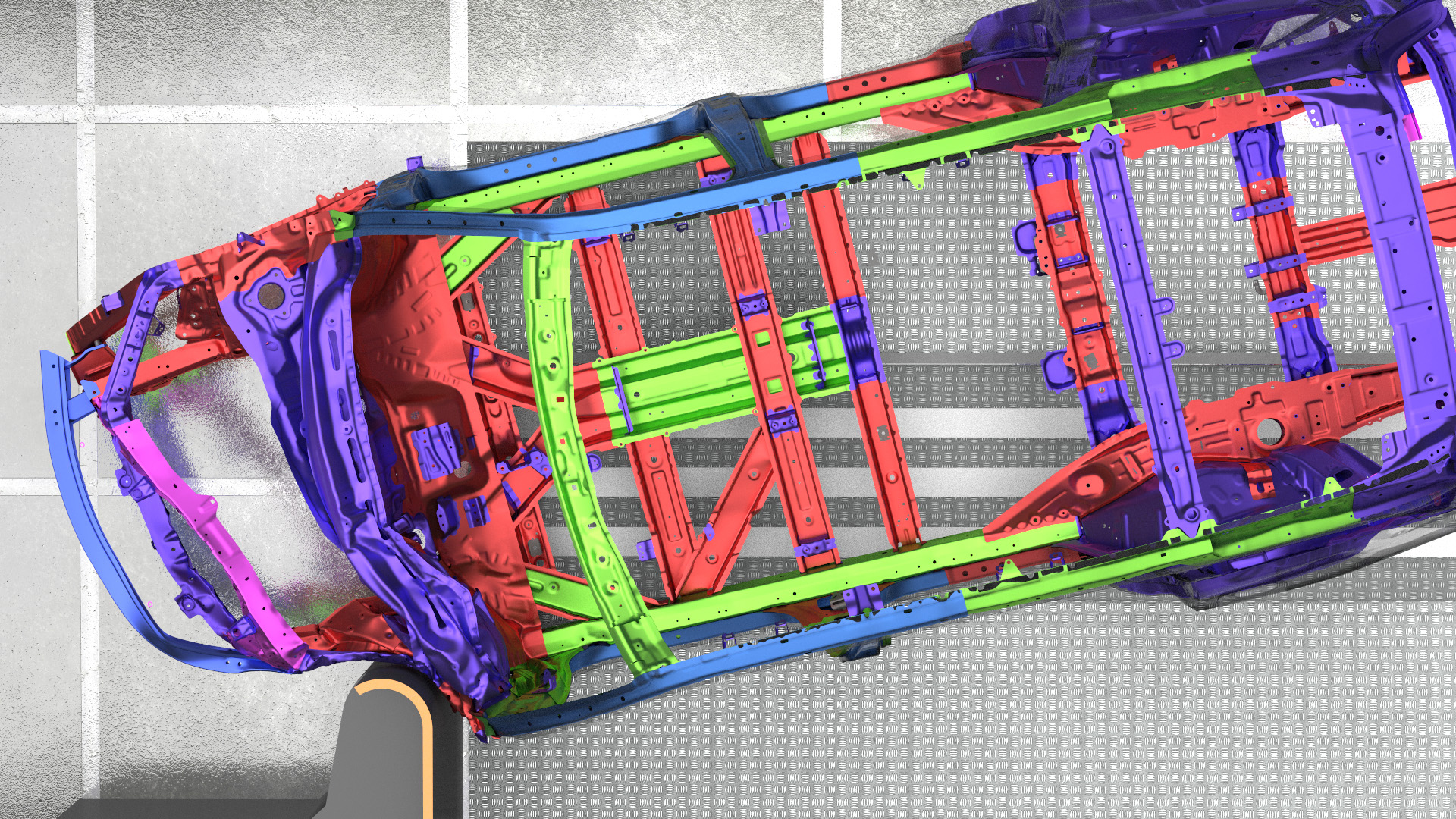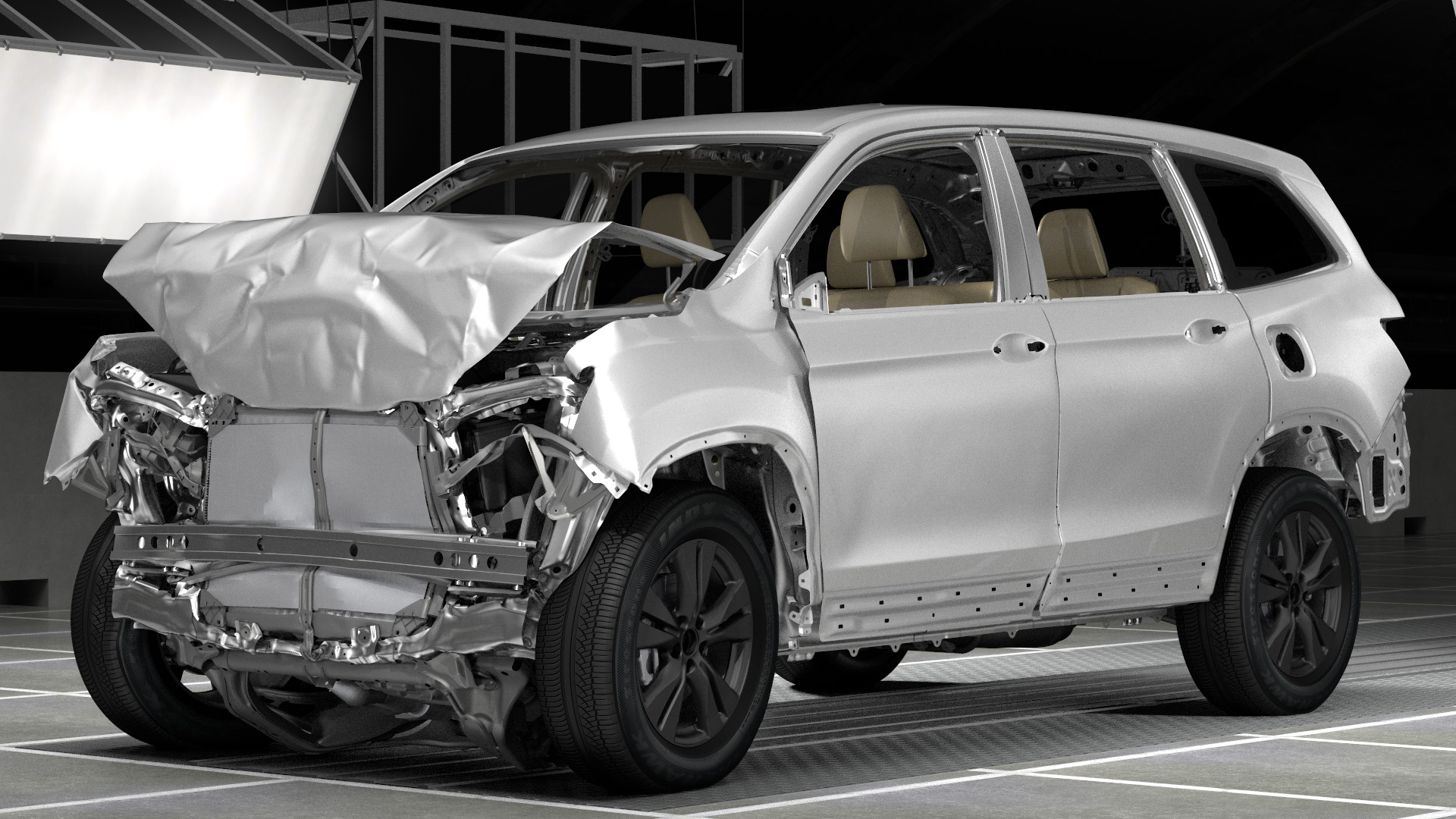
- 2016 Pilot offers the most comprehensive set of advanced safety and driver-assistive technologies ever available on a Honda vehicle
- Available Honda Sensing™ suite of advanced safety and driver-assistive technologies combines camera and radar systems to help detect vehicles, pedestrians and roadway markings
- Honda’s aims to reduce collisions, injuries and fatalities involving its vehicles, using Honda Sensing™ technology
Aug 21, 2015 – TORRANCE, Calif. — The fully redesigned 2016 Honda Pilot (automobiles.honda.com/pilot/) has received a 2015 TOP SAFETY PICK+ rating from the Insurance Institute for Highway Safety (IIHS) when equipped with optional front crash prevention, bringing Honda one step closer to fulfilling the company’s goal to be the first three-row mainstream SUV with the highest available U.S. government (NCAP) and IIHS safety ratings. This IIHS distinction includes a top rating of GOOD in five IIHS crash test modes including a top score of GOOD in the Insurance Institute’s stringent small overlap frontal crash test. The 2015 TOP SAFETY PICK+designation is awarded to vehicles that also have an available front crash prevention system that earns an advanced or superior rating from the Institute. The 2016 Pilot offers an available frontal crash prevention system that earns a top rating of superior.
“The 2016 Pilot is not only the most technologically advanced Honda vehicle on the road today, but the top choice for family SUV buyers interested in safety performance,” said Jeff Conrad, Honda Division senior vice president and general manager. “No other midsize mainstream SUV on the market today can match the comprehensive suite of Honda Sensing™ advanced safety and driver-assistive technologies on the new Honda Pilot.”
Available on Pilot EX trims and above, Honda Sensing™ can help improve drivers’ situational awareness with its various systems, which include the Collision Mitigation Braking System™ (CMBS™) with Forward Collision Warning (FCW), Lane Keeping Assist System (LKAS), Adaptive Cruise Control (ACC), Lane Departure Warning (LDW) and Road Departure Mitigation (RDM). These systems benefit from the adoption of a sensor fusion technology integrating the capabilities of a windshield-mounted monocular camera and front grille-mounted millimeter wave radar system to provide enhanced sensing with the ability to identify and anticipate multiple collision scenarios, including those involving a pedestrian. When the system anticipates a collision or road departure, it can initiate warnings and, in certain instances, initiate emergency braking and steering.
“The Pilot demonstrates Honda’s commitment to achieving the highest levels of safety performance,” said IIHS president Adrian Lund. “The Pilot’s crashworthiness ratings set a high standard, and its optional front crash prevention system will help drivers avoid some kinds of crashes to begin with.”
In addition, the 2016 Pilot adopts the latest generation of Honda’s Advanced Compatibility Engineering™ (ACE™) body structure along with a new “3-bone” underbody frame design and new hot-stamped ultra-high strength steel door rings. Together with Honda Sensing™, these engineering features and technologies deliver major gains to the Pilot’s collision avoidance and collision protection capabilities.
Standard safety equipment on all Honda models include Vehicle Stability Assist™ (VSA®) electronic stability control system, Anti-lock Braking System (ABS) with Brake Assist, frontal airbags, side airbags, side-curtain airbags and a front seat design that can help reduce the severity of neck injury in the event of a rear collision. Honda is also leading the industry in the deployment of rearview cameras, which are standard equipment on all model year 2015 and newer Honda vehicles.
The third generation of Honda’s popular three-row SUV Pilot was designed and developed by Honda R&D Americas, Inc., in Los Angeles and Ohio, and is manufactured exclusively by Honda Manufacturing of Alabama, LLC, in Lincoln, Alabama.1
